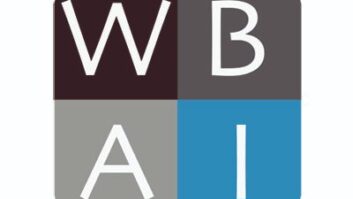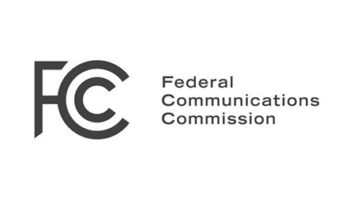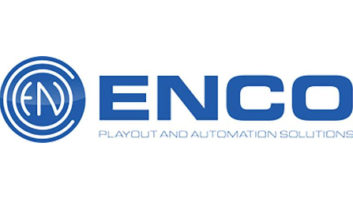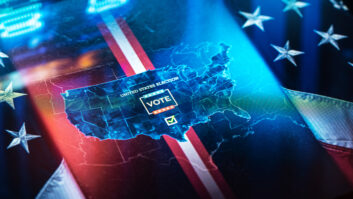A recent Consent Decree between the FCC and a low-power FM licensee is a good reminder that the commission�s underwriting rules can trip up noncommercial licensees. The LPFM station in question was fined $16,000 and is required to implement a three-year compliance program, including the submission of annual compliance reports to the FCC.
The FCC�s Enforcement Bureau has consistently pursued noncommercial licensees that have violated the underwriting rules, even though these rules are somewhat opaque and subject to differing opinions.
The underwriting rules permit noncommercial licensees to provide on-air acknowledgements of donations, but may not promote a donor�s products, service or business. Most violations arise from the licensee going beyond an �acknowledgement� into �promoting� the donor. Over the years, the FCC has developed a number of guidelines to help licensees navigate the murky waters.
Calls to Action � The FCC routinely imposes forfeitures for noncommercial licensees for airing acknowledgments that urge the listener to �give them a call� or �stop on by� the donor�s store. The FCC has reasoned that a call to action goes beyond just thanking the donor for their contribution and impermissibly promotes the donor�s products or services.
Qualitative Claims � Another easy hurdle for licensees to trip over is having acknowledgments contain �qualitative� assessments of the donor�s products or services. Announcements that tout a �delicious banquet� or �premium service� will be judged to cross the line into promotion. Typically, these violations occur because the donor submits their preferred language, and the station�s staff feels obligated to accept the acknowledgement to ensure the receipt of the donation.
Price Information � Station acknowledgements that contain price information are also prohibited. The FCC will not permit licensees to air acknowledgements such as �$19.99 oil change,� �No down payment!� or the �$5.99 all-you-can eat buffet,� because they provide cost information. In fact, acknowledgments that merely reference the availability of discounts or free services by the donor have been deemed to be promotional.
Comparative Claims � Another difficult category of prohibited acknowledgements are those that include comparative language. Announcements that highlight the number of years that a particular business has existed have been found to violate the FCC�s rules, since the listener is inclined to compare that long-established business to other businesses providing similar services. Moreover, acknowledgements that contain language promoting the experience or specialized knowledge of the donor�s staff have also resulted in forfeitures imposed by the FCC.
Menu Listing and Slogans � Finally, the FCC prohibits the listing of the various products or services offered by a donor, even if the information is in a slogan. The FCC will permit a donor to use an established slogan, but it cannot contain a menu of the services or other qualitative or comparative information relating to the donor.
So what�s an LPFM licensee or any noncom station to do? It has a need for support from donors, but also a countervailing need to avoid forfeitures issued by the FCC that can exceed $15,000.
First, licensees should attempt to limit the length of the acknowledgment. The longer an acknowledgment is, the greater the chance that it will be promotional in nature. Second, the licensee should write all acknowledgments, and have one trained staff member that reviews all acknowledgments before they are aired. Also, the licensee should develop a standard script into which it can plug facts about the donor, but which will help weed out comparative or qualitative language.
Finally, while underwriting can provide necessary funding for the licensee to provide valuable, locally produced programming, the rules can be confusing and the possibility of forfeitures is high.
The licensee�s staff should resist the urge to placate a donor�s desire to add more fluff to an acknowledgment. In the end, it is the licensee that will have to deal with the FCC if the Enforcement Bureau initiates an investigation. Most likely, that donor�s advertisement is not worth the risk.
Petro is of counsel at Drinker Biddle & Reath, LLP. Email: [email protected].












